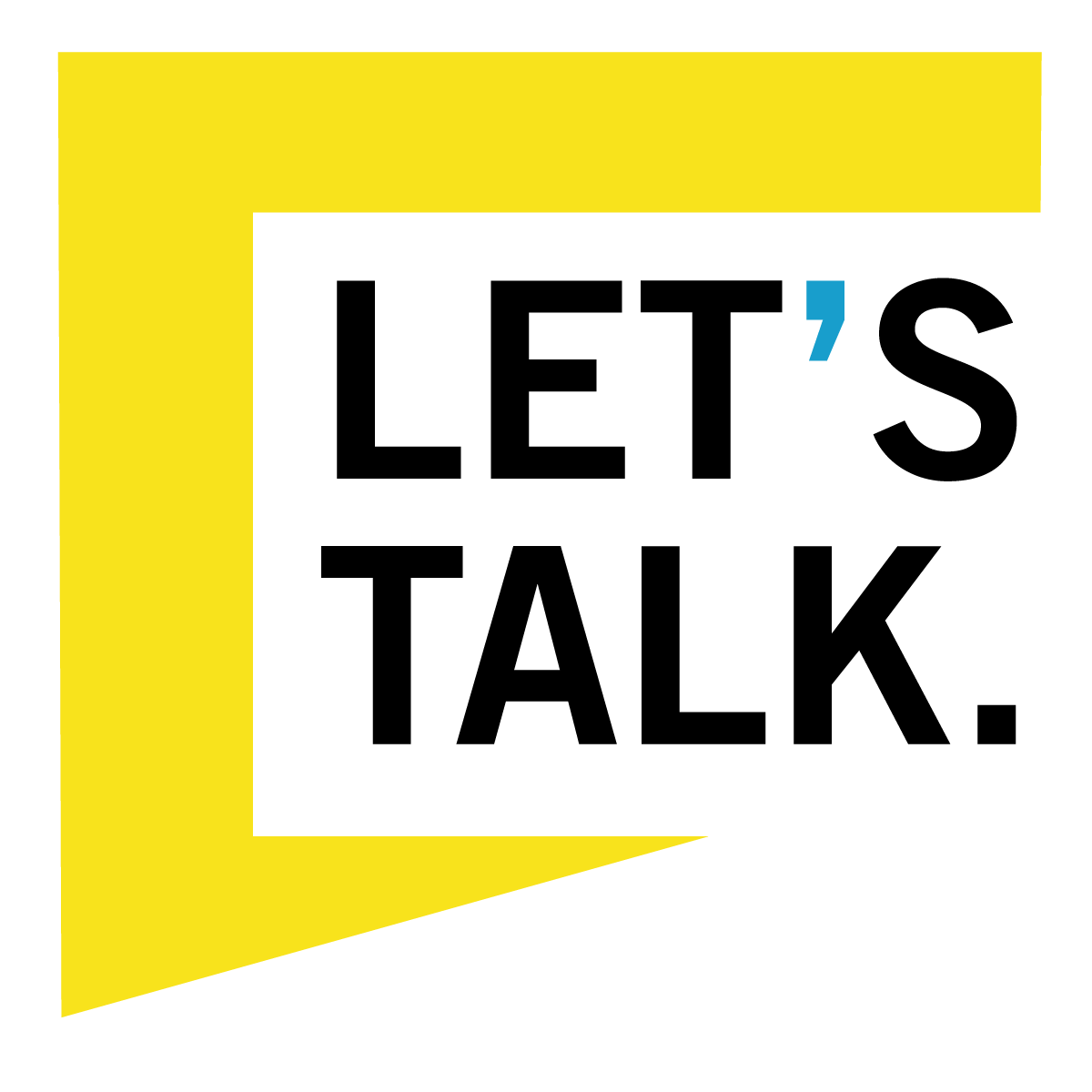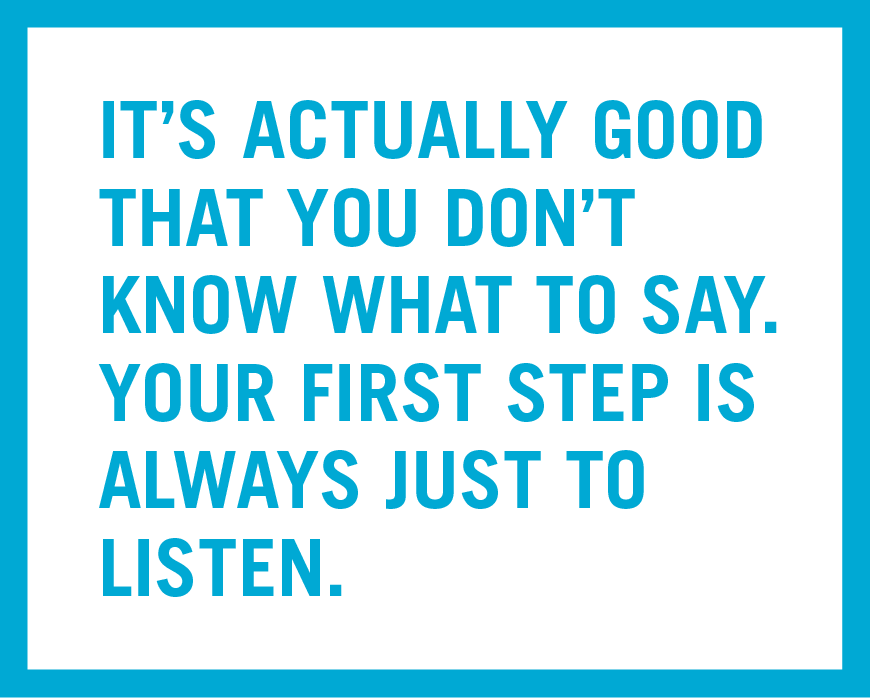TALKING TO YOUR CHILD ABOUT SUBSTANCE USE
You Don’t Have To Be An Expert
Talking to our teens can feel scary. Will we get it right? Will we mess it up? In truth, we probably won't get it 100% right, and we may mess up a couple times too. But here's the good news: We have more than one shot at this, and the most important part of talking to our teens is about relationship. Read on for some more tips on what you don't and do need to keep in mind.
Don’t Freak Out
With all of the concerns you may have, there are some things you actually don’t need to worry about, like knowing it all or finding an excuse to talk. Read on for more on what you don't have to worry about.
-
It helps to know a thing or two, but your real leverage as a parent is in the relationship you form and the openness you create to talk at all.
-
It’s not just one conversation, which would carry too much pressure. These should be many conversations, comments and questions over time that convey information and values along the way.
-
At the end of the day, you are the adult in your kid’s life. That’s about the best excuse you will ever need. “As you get older and you have bigger decisions to make in the world, I want to talk about some things.”
-
In fact, asking your child to talk at the dining room table probably isn’t going to set the most comfortable mood. It can be awkward and intense for both you and your preteen. Instead, lose the formality and try chatting while you’re out at the market together, or going for a walk, or a favorite of many parents, in the car. Talking in the car gives your child the opportunity to stare out the window or fidget with the radio, and that actually can make them feel more comfortable.
Remember This
When we feel lost about how to even start talking to our teens, remember that the majority of the work is relational. Listen, empathize, tune into their world…and then use some of your newfound knowledge where it’s needed.
-
Oh, how hard it is to just listen. But lectures don’t leave much room for conversation. Questions or open ended statements can open up a window into your teen’s world.
How are you feeling about . . . ?
What have you heard about . . . ?
Help me understand . . .
Why do you think . . . ?
It will take intention to squash whatever reactions and responses you immediately have, but try it out. Try just asking and listening.
-
The basics of drugs are part of a larger conversation about mental health, social influence, coping, and asking for support. Knowing the fact that “drugs are bad for you” is not prevention on its own.
-
Anytime substances are in the media, current events, or local occurrences, it is an opportunity to talk. These moments create open doors to process and digest information and feelings, and although they can be hard, they are important moments to utilize. (But remember-you don’t need an excuse and you shouldn’t wait for one)
-
If you have a younger teen, you might discover, after learning what they already know, that you do have to teach them the basics. Don’t panic: there are plenty of online resources to help you out.

